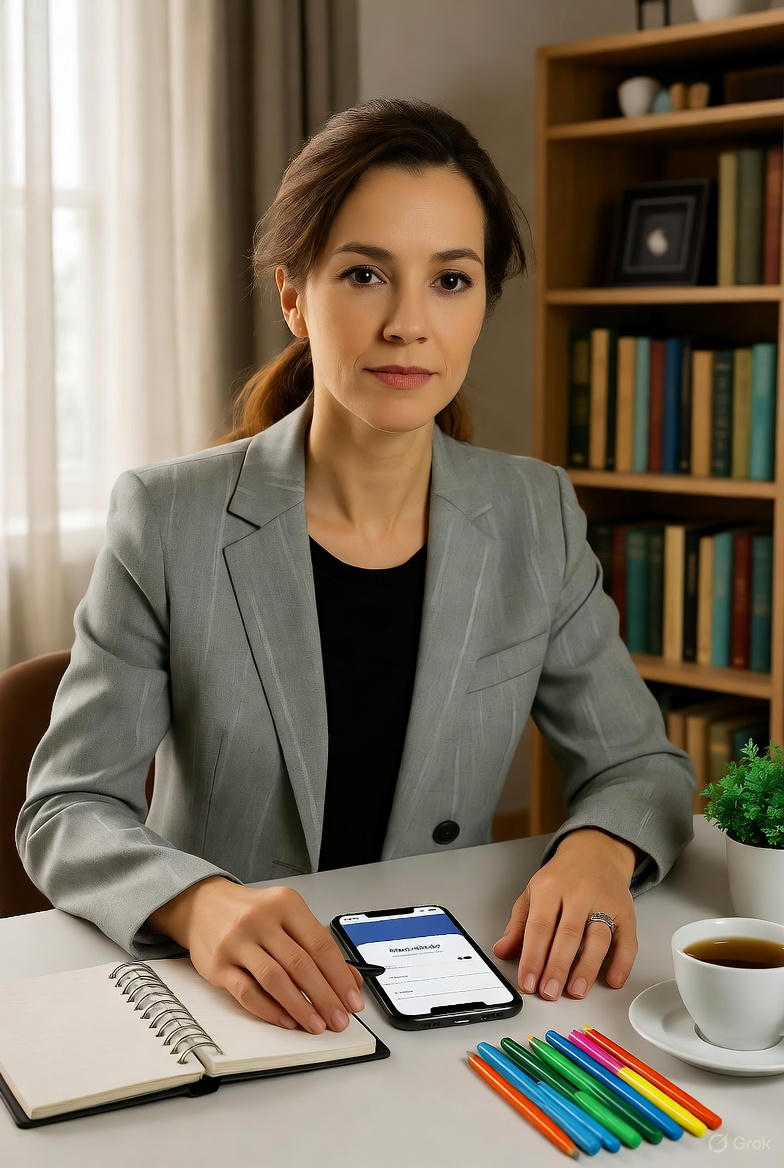In a world that prizes productivity and focus, many adults grapple with an invisible barrier: Attention Deficit Hyperactivity Disorder (ADHD). Often dismissed as laziness or poor time management, adult ADHD affects an estimated 4.4% of U.S. adults, according to the Centers for Disease Control and Prevention—yet up to 75% remain undiagnosed. At Riverview Community Mental Health Center, we encounter countless individuals whose lives unravel due to unmanaged symptoms, from strained relationships to career setbacks. This post sheds light on adult ADHD, its subtle signs, root causes, and proven strategies for empowerment, helping you or a loved one break free from the chaos.
What Is Adult ADHD? Beyond the Childhood Stereotype
ADHD isn’t just a “kid thing.” It persists into adulthood for about 60% of those diagnosed in childhood, evolving into a neurodevelopmental disorder that disrupts executive functioning—the brain’s command center for planning, prioritizing, and regulating emotions. Adults with ADHD may not bounce off walls but instead battle internal turbulence: a mind racing with unfinished thoughts, chronic procrastination, or impulsivity that derails long-term goals.
The three core presentations are:
- Inattentive Type: Difficulty sustaining attention, forgetfulness, and disorganization.
- Hyperactive-Impulsive Type: Restlessness, interrupting others, and hasty decisions.
- Combined Type: A blend of both, the most common in adults.
Far from a character flaw, ADHD stems from differences in brain wiring, making everyday tasks feel like climbing a greased pole.
Spotting the Signs: When “Scattered” Is More Than a Quirk
Adult ADHD masquerades as normal life hiccups, but when patterns persist, they signal a deeper issue. Common symptoms include:
- Cognitive: Trouble focusing on details, losing items frequently, or starting projects without finishing them—leading to a trail of half-read books or abandoned apps.
- Emotional: Heightened frustration, low self-esteem from repeated “failures,” or mood swings triggered by overwhelm.
- Behavioral: Chronic lateness, impulsive spending or job-hopping, and hyperfocus on stimulating tasks (like scrolling social media) while mundane ones languish.
Professionally, it might manifest as missed deadlines or interpersonal conflicts from blurting out thoughts. Personally, relationships suffer from forgetfulness, like overlooking anniversaries, fostering resentment. Women, in particular, often present with inattentive symptoms masked as anxiety or perfectionism, delaying diagnosis until midlife. If these resonate, especially alongside a history of academic struggles or family ADHD, professional assessment is key.
Root Causes: A Mix of Nature, Nurture, and Neurology
ADHD arises from a perfect storm of factors. Genetics account for 70-80% of risk—if a parent has it, odds soar for offspring. Neurologically, lower dopamine and norepinephrine levels impair the brain’s reward and attention circuits, particularly in the prefrontal cortex. Environmental triggers like prenatal toxin exposure, premature birth, or childhood trauma can exacerbate it. In our 2025 landscape, with digital distractions amplifying symptoms, screen addiction often compounds the disorder. Stressful events, like the lingering effects of global pandemics, can unmask dormant ADHD, turning mild traits into debilitating ones.
Effective Management: Tools for a Balanced Life
The silver lining? Adult ADHD is manageable, with 70-80% of individuals responding well to multimodal treatment. At Riverview CMHC, we craft personalized plans blending:
- Medication: Stimulants like Adderall or non-stimulants such as Strattera boost neurotransmitter activity, improving focus for 60-70% of users—prescribed after thorough evaluation.
- Therapy: Cognitive Behavioral Therapy (CBT) tailored for ADHD teaches skills like time-blocking and prioritization. Mindfulness-Based Cognitive Therapy reduces impulsivity by grounding racing thoughts.
- Lifestyle Hacks: Structure your day with apps like Todoist for reminders, exercise (e.g., 20-minute walks) to release dopamine, and a nutrient-rich diet low in processed sugars. Sleep hygiene—7-9 hours nightly—can cut symptoms by 25%.
- Coaching and Support: ADHD coaches provide accountability, while our support groups connect you with peers, combating isolation.
Emerging options like neurofeedback training show promise in rewiring brain patterns, available through our innovative programs.
Taking the First Step: You’re Not Alone
If ADHD shadows your days, hope abounds—early intervention prevents secondary issues like anxiety or depression. The American Psychiatric Association urges screening if symptoms impair two or more life areas. Don’t self-diagnose; our Riverview experts offer comprehensive evaluations, including neuropsychological testing, in a stigma-free space.
Adult ADHD isn’t a limitation—it’s a different operating system with unique strengths, like creativity and resilience. With the right support, you can harness it for success. Reach out to Riverview Community Mental Health Center today for a confidential chat. Your clearer, calmer tomorrow starts now.





